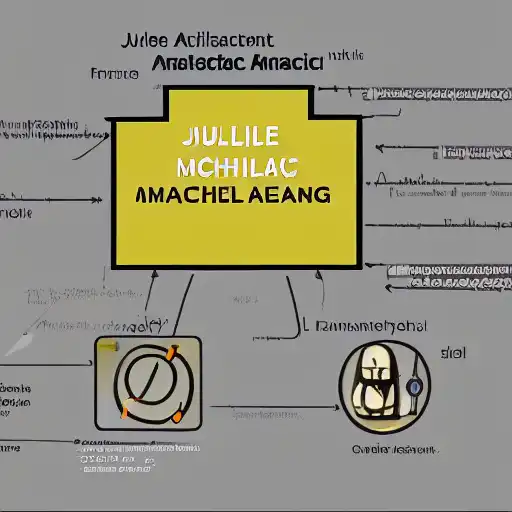
August 30th, 2023
Welcome back to our Advanced Machine Learning series! In this blog post, we'll explore the exciting domain of AI in Education, where AI technology is making a significant impact on learning experiences and assessment methods.
The Transformative Role of AI in Education
AI in Education holds the potential to transform traditional education approaches by tailoring learning experiences to individual needs, enabling efficient and personalized learning paths, and revolutionizing assessment methods.
Key Applications of AI in Education
- Intelligent Tutoring Systems: Intelligent Tutoring Systems (ITS) use AI algorithms to adapt learning content and pace based on each student's progress and understanding. ITS provides personalized feedback, identifies knowledge gaps, and recommends appropriate learning materials to enhance the learning journey.
- Adaptive Learning Platforms: Adaptive Learning Platforms leverage AI to analyze students' performance and behavior, enabling the delivery of customized learning content and activities. These platforms cater to each student's strengths and weaknesses, optimizing the learning process.
- Automated Grading and Feedback: AI-powered automated grading systems streamline the grading process for educators. By using natural language processing and machine learning, these systems can assess written assignments, provide detailed feedback, and offer quick grading turnaround.
- Educational Content Generation: AI is employed to generate educational content, such as quizzes, exercises, and interactive learning materials. These AI-generated resources enhance engagement and diversify the learning experience.
- Learning Analytics: Learning analytics involves the use of AI to analyze vast amounts of educational data to gain insights into student performance, engagement, and learning patterns. Educators can use these insights to make data-driven decisions and improve teaching strategies.
Advantages of AI in Education
- Personalization: AI tailors learning experiences to each student's abilities and preferences, promoting better engagement and understanding.
- Efficiency: Automated processes, such as grading and content generation, save educators time and effort, allowing them to focus on teaching and mentoring.
- Adaptability: AI adapts to the changing needs of students, ensuring that they receive the support and resources they require throughout their learning journey.
- Data-Driven Insights: Learning analytics provides valuable insights into student progress and learning patterns, empowering educators to make informed decisions for individualized support.
Ethical Considerations in AI Education
As AI technology continues to play a larger role in education, it is essential to address ethical considerations. These include:
- Data Privacy: Ensuring that student data is handled responsibly and securely.
- Equity and Access: Ensuring that AI in Education benefits all students, regardless of their socioeconomic background.
- Algorithmic Transparency: Making AI-powered systems transparent, interpretable, and free from bias.
- Teacher-Student Relationship: Balancing AI with the role of educators to maintain a positive and supportive teacher-student relationship.
Conclusion
AI in Education is reshaping the future of learning and teaching. In this blog post, we've explored intelligent tutoring systems, adaptive learning platforms, automated grading, and the advantages of AI in Education. By harnessing the power of AI, educators can create personalized learning experiences and transformative assessment methods, fostering a generation of lifelong learners.
In the final blog post of our Advanced Machine Learning series, we'll explore the frontier of AI research and the future possibilities of this rapidly evolving field. Stay tuned for the grand finale of our exciting journey!